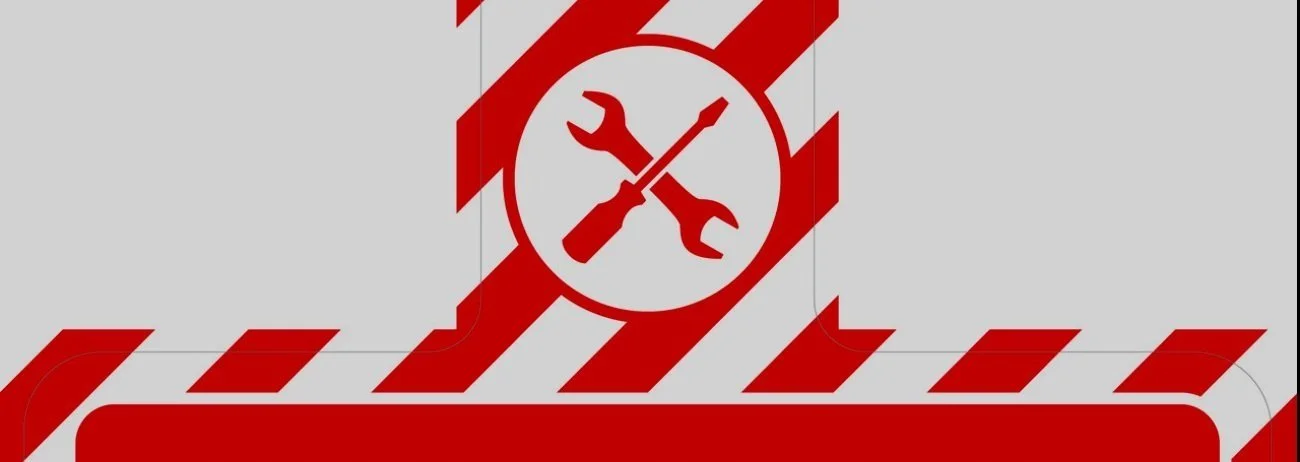Homily given by Marie Morey, August 4, 2024.
Meditation in Action
Homily given by Bets Robertson, July 28, 2024.
Hope is the Thing with Feathers
Poems about birds and reflections given by Joanna Fortna, July 21, 2024.
Now Open
My friend Kim Crawford Harvie just retired after serving the Arlington Street Church in Boston for many years, and not long ago we were in a meeting together, and she was talking about the changes retirement would bring. And I said, “You know, if you’re looking for something to do, I could teach you to fly fish. It would be fun,” I said. And Kim said, “Honey, I’m a vegan.”
Do You Notice the Awe?
Sermon given by Joshua Goulet, UUCH commissioned lay community minister, on July 7, 2024.
There is a Fountain
We used to have a neighbor named Charlie, who was in his 80’s when we moved there, and over time he became like a surrogate grandfather for our children. He was a hardworking Yankee and great person to have next door. One summer he helped me rebuild our front porch. He loved to putter around his house and yard. One of his sayings was, “If the sun’s out, so am I.” One year, around this time, I wondered aloud to him why the yard was so dry. It had been raining now and then, but things seemed parched. “Well, think about it,” Charlie said. “The days are so long right now; the sun is shining down all day, and it dries things out. Especially where there’s no shade.” It was simple, what Charlie said. I just had never noticed it.
I wonder—how much attention do you give to your soul, to your spiritual life, to your own wellbeing?
I Could See Peace Instead of This!
Reflection given by Marie Morey, June 23, 2024.
Make Good Choices!
I was hustling around yesterday, having fun doing some chores, getting things done, and I thought of this hour, in this place, and Georgia O’Keeffe’s words that are at the top of the order of service came to mind:
“Nobody sees a flower - really - it is so small it takes time - we haven't time - and to see takes time, like to have a friend takes time.”
I love that when we gather here, we take the time to be here, to see one another, to look inside. We enter sabbath time, a time to just be. And it’s good for us. It’s necessary, I believe, for a good and grounded life.
The View From Here
You know, we each have our own particular ways of perceiving the world, our own biases and preconceptions. We come by this naturally; for early humans, it was important to sense if that person ahead was friend or foe. Or if that animal coming your way was was one you might want to capture and eat, or one you should run away from! Early religions often functioned as communities of safety and sameness, with clear distinctions between who was in and who was out, and this was a strategy of survival. So we have wired within us this tendency to notice differences and make judgments based on all kinds of factors.
One of the thing I love about being part of a church community is that my preconceived notions are regularly being upended, or at least adjusted, by getting to know folks, and hear their stories. We are each more complex and nuanced that anyone would guess at first glance. Do you know what I mean? Someone may seem gruff at first, until you get to know them, and learn that under that hard shell they are really a pussycat.
Refuge and Repair
Earlier this week I was in a meeting with a couple of you, and one of you said something that’s stayed with me since: it was something like, “I’m aware of how our church is a refuge for people these days—it certainly is for me—and that’s good, and important, and needed.”
As we wrap up this month of reflecting on “repair,” today I want to talk about this—about refuge as a necessary ingredient for repair. But first I want to say thank you to Taffy and Aiden, for the beautiful and important ways of repair you offered in your sermons, about the healing process of grieving a huge loss and how you can eventually start to fill the empty space that loss brings; and the needed repair that comes from reading the Bible through the lens and perspectives of people who have been harmed by it, notably queer folks who read the Bible as a text of liberation.




